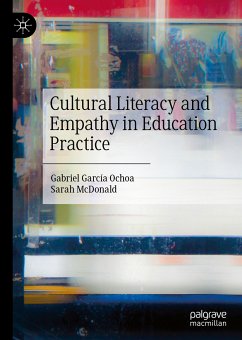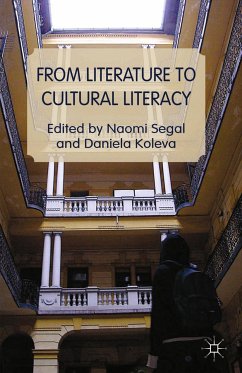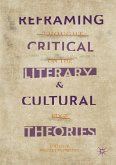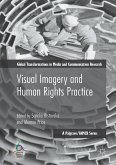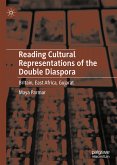Gabriel García Ochoa was born in Mexico City. He is a writer, academic, and professional translator. He is the Deputy Director of the Bachelor of Global Studies at Monash University, Australia, where he teaches global studies, translation, and literature.
Sarah McDonald is the Deputy Dean (education) in the Faculty of Arts at Monash University, Australia. She researches in the emerging field of Cultural Literacy with a specific focus on the development of research-based practice models for embedding Cultural Literacy skills in the curriculum.
Dieser Download kann aus rechtlichen Gründen nur mit Rechnungsadresse in A, B, BG, CY, CZ, D, DK, EW, E, FIN, F, GR, HR, H, IRL, I, LT, L, LR, M, NL, PL, P, R, S, SLO, SK ausgeliefert werden.

